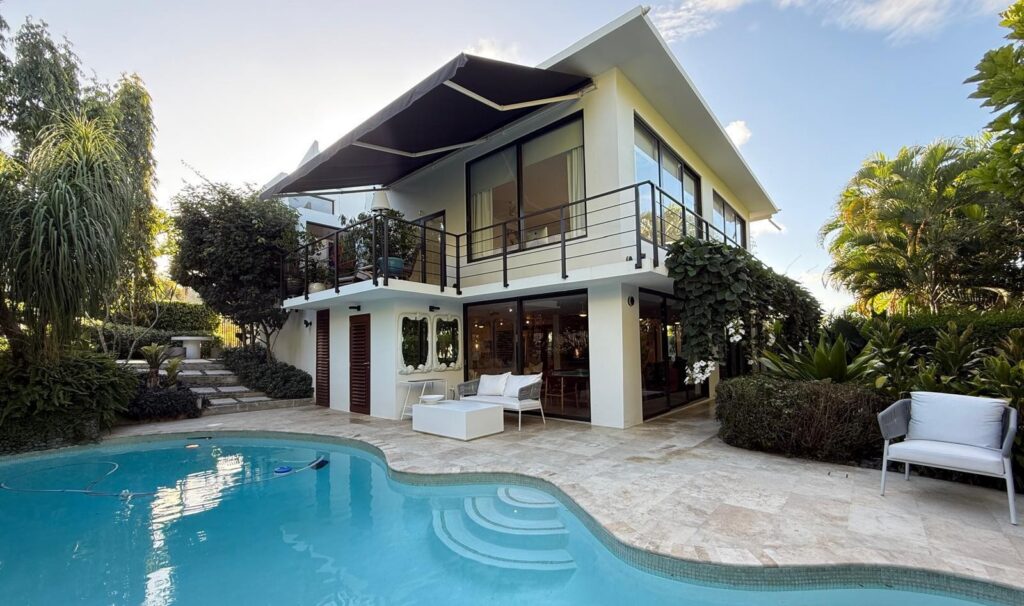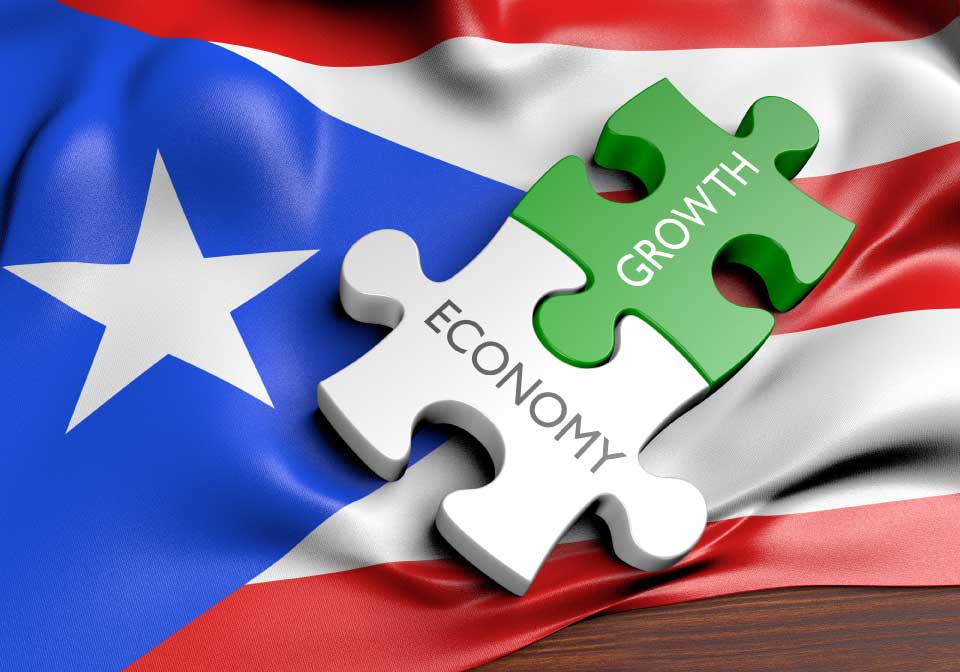Below are some of the most common questions we hear from people considering Puerto Rico as a relocation destination. Contact us for more details, and for a free consultation about your unique situation.
Doesn’t Puerto Rico Have a High Crime Rate?
Puerto Rico’s issue has more to do with public relations than actual crime! This image is partly formed by cultural stereotypes and political history.
Like everywhere else, Puerto Rico’s crime rate varies depending upon what area you happen to be in. Its metropolitan areas tend to be higher, especially in less wealthy parts of town. However, it can be argued that the crime in the cities is comparable to US cities. For example, Puerto Rico’s murder rate is half that of Washington DC and Detroit. If Puerto Rico were ranked for safety as if it were a State, it would be 19th in the list.
For those who are relocating and want an extra degree of protection, there are a number of gated community options that are extremely safe.
What is the Food Like in Puerto Rico?
The local cuisine is Spanish with Caribbean accents. It is heavy in meat, particularly pork, and moderately spicy, though typically less spicy than what you might find in other parts of Latin America. As in many “island” cuisines, sweet and coconut flavors can be found in many dishes. Plantains are a major staple.
Dining out, we have found that while many fine options exist in Puerto Rico, good restaurants featuring Asian cuisines, in particular, are rare.
Grocery stores are plentiful, and the locally grown food is inexpensive. For organic food, and other items that are not produced on-island, you may have to go to specialty stores, where the prices are higher.
Is it Safe to Drink the Water?
The tap water is considered safe to drink in Puerto Rico, as the sanitation standards are the same here as in the States.
Is it Necessary to Learn Spanish to Live in Puerto Rico?
The great news is that it is not necessary to learn Spanish to relocate to Puerto Rico!
Both Spanish and English are official languages in Puerto Rico. Most government forms and official sites, as well as most menus and other things you might need to read, are available in English. Also, most service providers and customer service representatives are either fluent in both English and Spanish, or at least know enough English to get by.
However, you will almost definitely encounter some people who speak little to no English. For these encounters, it can be helpful to learn at least a little conversational Spanish, though we have never yet encountered a situation when it was absolutely necessary. Puerto Ricans are generally very friendly and accommodating of a limited Spanish vocabulary; rather than being judgmental or impatient, as some cultures can be in this type of situation, the folks in Puerto Rico usually appear to us to graciously appreciate whatever genuine effort you can make.
What is the Cost of Living in Puerto Rico?
The cost of living varies depending upon the area in which you live. Gated communities tend to be more expensive for real estate, and the dining and entertainment in those areas are also pricier. However, people who move to more expensive areas in Puerto Rico may well have lived incomparably expensive areas prior. There are many areas to live which are still desirable and safe, but affordable.
Gas tends to be just slightly more expensive in Puerto Rico than in the States. (Also note that it is sold in liters rather than gallons, which can be confusing at first.) Electricity is currently about twice the price; however, there is never a need to heat your living space here, and while you may choose to run your air conditioner more, fuel efficient inverter air conditioners are common in most modern homes.
Food can be more expensive, particularly if you prefer to buy organic products, as there is currently very little organic farming happening in Puerto Rico. Other items that must be imported may cost more as well.
Here is a cost of living comparison tool which may give you a good idea of what you might expect, based on an average price for living in Puerto Rico, compared to wherever you may be moving from.
What would happen if Puerto Rico Became a State?
If Puerto Rico became a US State, its residents would become subject to US federal tax. This almost completely eliminates the benefits of the tax incentive Acts, as the low Puerto Rico tax would then become a state tax, owed in addition to what must be paid to the IRS.
It should be noted, however, that the people of Puerto Rico have declined Statehood, by public referendum, on more than one occasion in the past. Many Puerto Ricans are proud of their independence; Puerto Rico competes as its own country in the Olympic Games. Also, with so many of the population living in poverty, few are eager to accept the additional tax burden for many that would come with Statehood. Finally, it appears to us that many Puerto Ricans are savvy about the prospects for economic recovery, growth, and prosperity made possible by the Commonwealth’s unique legal status. Though Statehood may be inevitable at some point in the farther future, we judge it to be unlikely in the near term.









